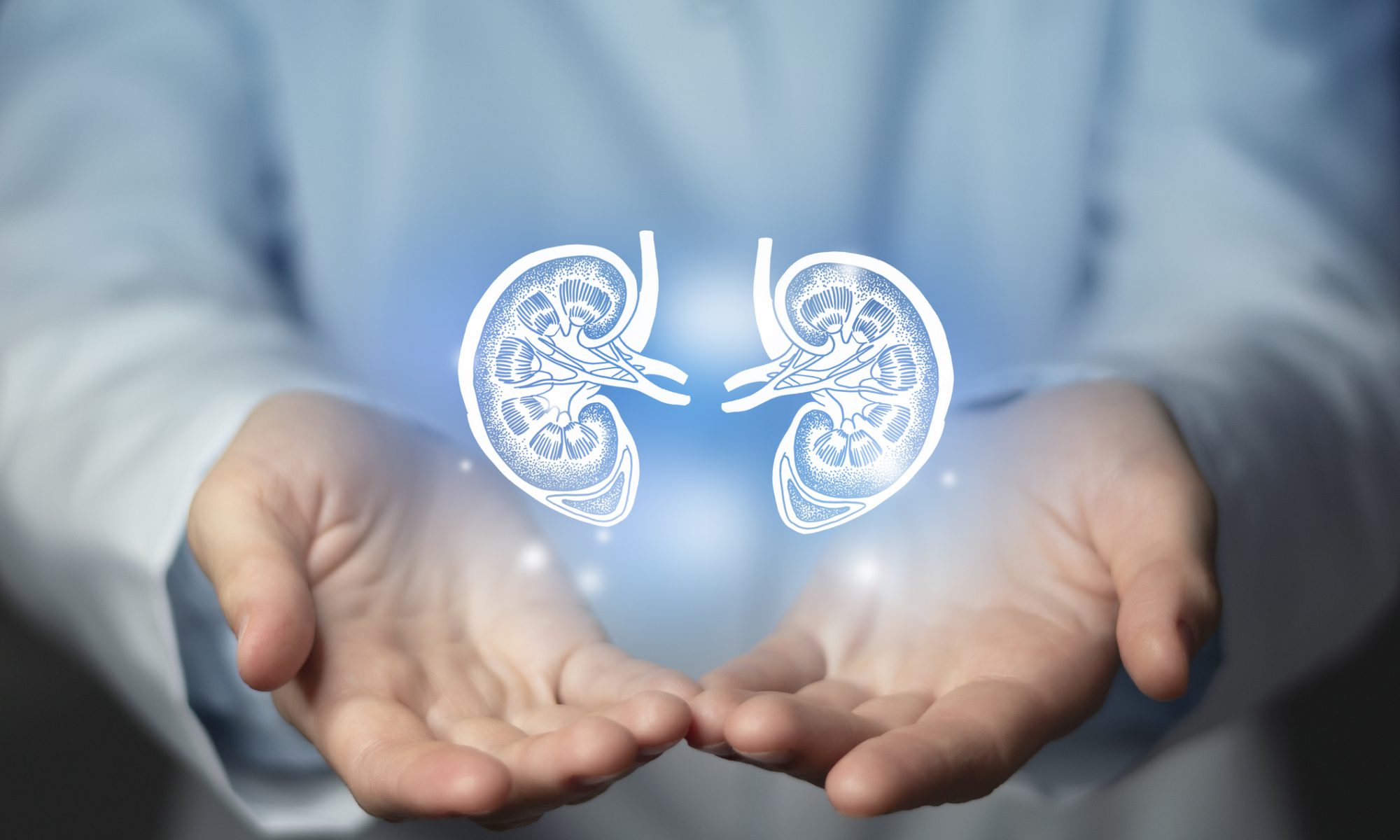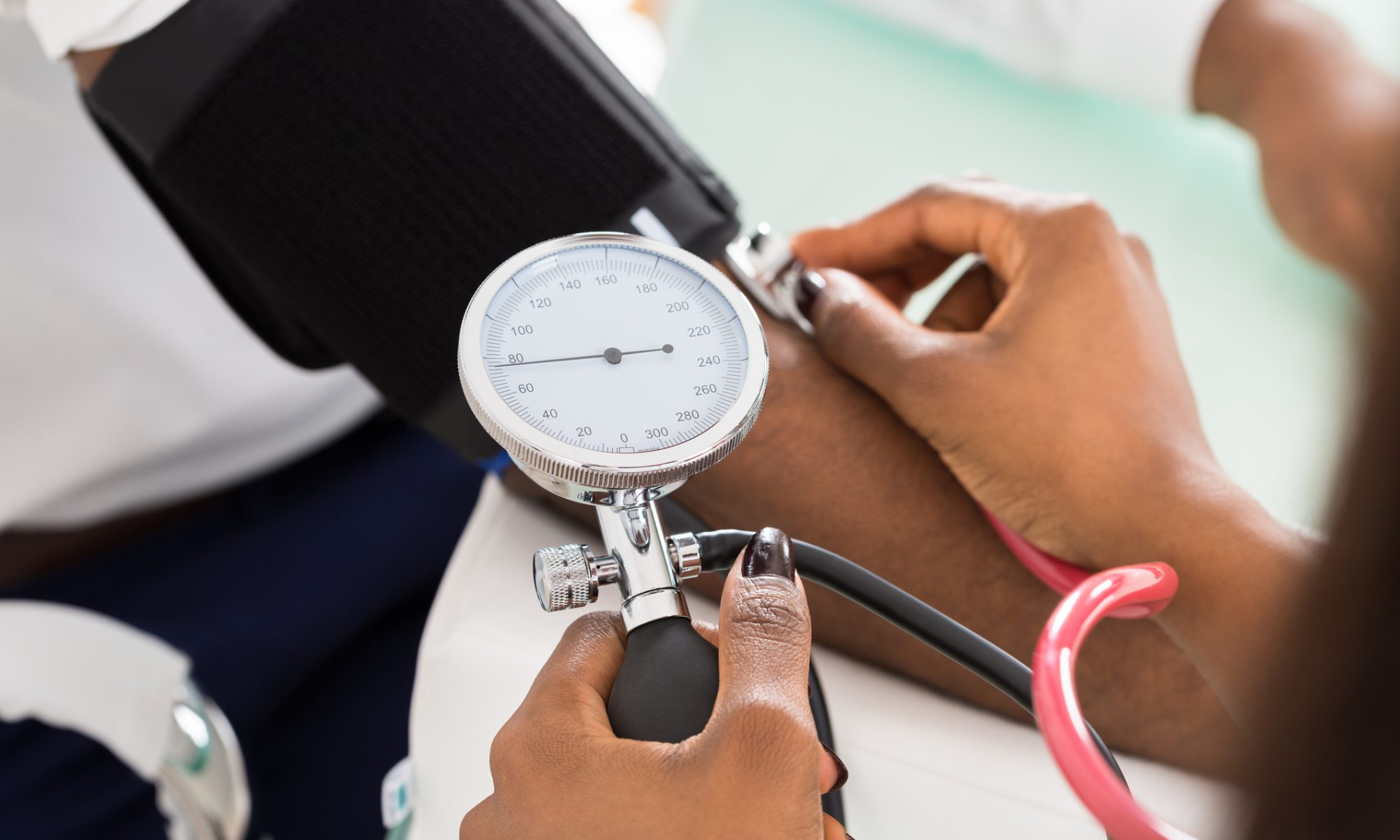By Natasha Persaud
Despite growing access to kidney transplantation, adults older than 65 years are still less likely than younger patients to be waitlisted and receive a first or second kidney, investigators reported at the 2023 American Transplant Congress in San Diego, California.
Using 1995-2018 data from the US Renal Data System, investigators identified 2,495,031 adult patients on dialysis seeking a first kidney transplant and 110,338 adult recipients seeking a second kidney transplant after their initial graft failed.
Read more in Renal & Urology News.






